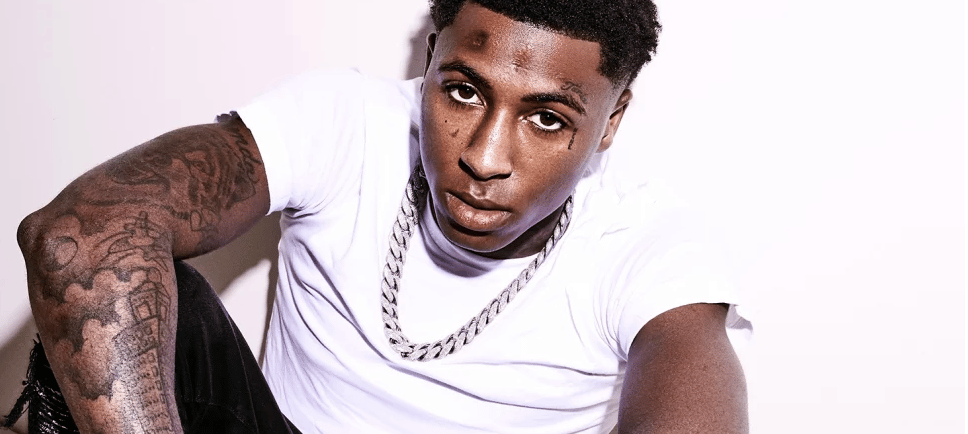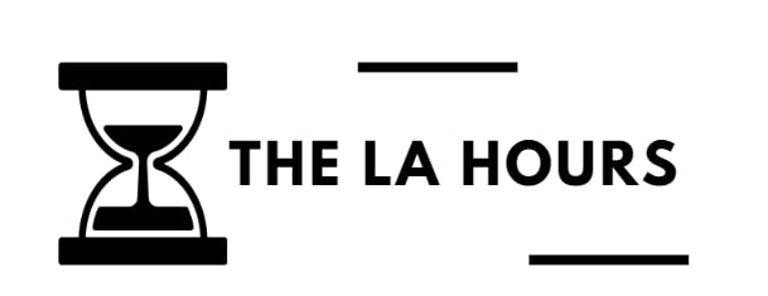Why President Trump Pardoned NBA YoungBoy: A Closer Look at the Decision and Its Implications
In a surprising move on May 28, 2025, former President Donald Trump granted a full presidential pardon to rapper Kentrell DeSean Gaulden, known professionally as NBA YoungBoy. This clemency came just weeks before Gaulden's scheduled release from prison, where he was serving a nearly two-year sentence for federal gun charges in Utah.
FEATURED


Background: Legal Troubles and Incarceration
NBA YoungBoy's legal issues have been well-documented. In December 2024, he was sentenced to 23 months in federal prison after pleading guilty to possessing firearms as a convicted felon, stemming from a 2020 arrest in Baton Rouge, Louisiana . Additionally, he faced charges related to a prescription drug fraud ring in Utah, where he pleaded guilty to identity fraud and forgery. As part of a plea deal, he was fined $25,000 but avoided additional jail time beyond his existing sentence.
The Pardon: Reasons and Reactions
While the White House did not provide a detailed explanation for the pardon, NBA YoungBoy expressed his gratitude in a statement shared on social media:
"I want to thank President Trump for granting me a pardon and giving me the opportunity to keep building — as a man, as a father, and as an artist. This moment means a lot. It opens the door to a future I've worked hard for and I am fully prepared to step into this."
He also acknowledged the efforts of criminal justice reform advocate Alice Marie Johnson and his attorney, Brittany K. Barnett, in securing the pardon.
Implications and Future Plans
The pardon allows NBA YoungBoy to resume his music career without the constraints of a criminal record. He is now preparing for his "Make America Slime Again" tour, set to begin in September 2025, marking his return to the stage after a period of legal challenges and incarceration.
This decision has sparked discussions about the use of presidential pardons and the influence of celebrity status in the justice system. Critics argue that such high-profile clemency actions may overshadow broader issues within the criminal justice system, while supporters view them as opportunities for rehabilitation and second chances.
As NBA YoungBoy embarks on this new chapter, his case remains a focal point in the ongoing conversation about justice, redemption, and the role of public figures in shaping these narratives.
